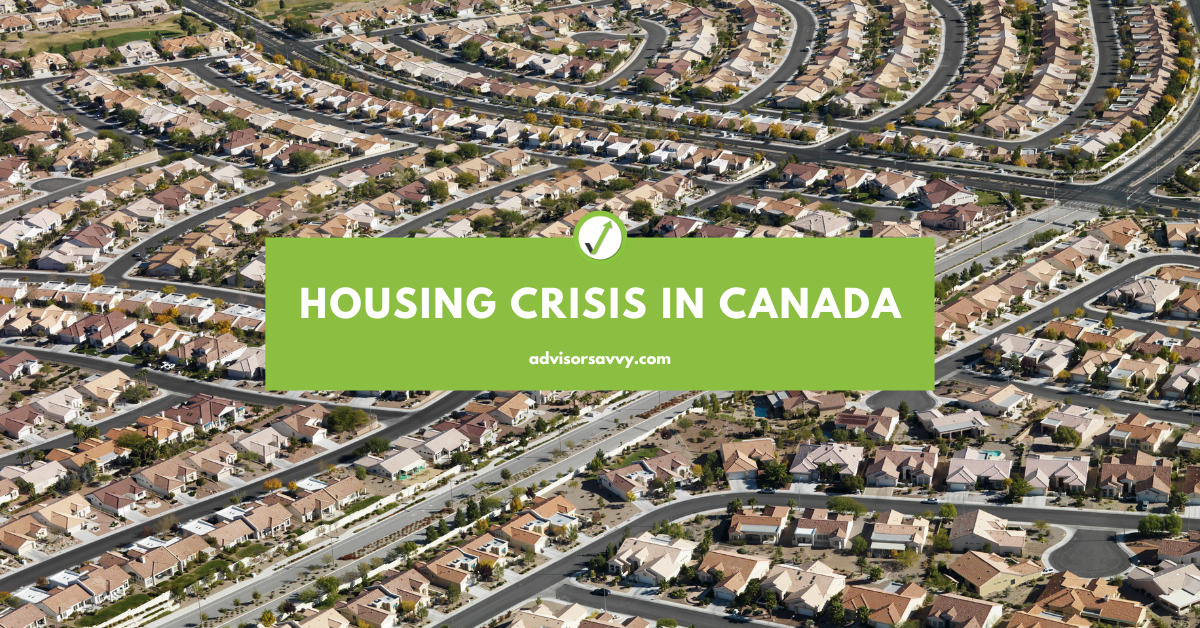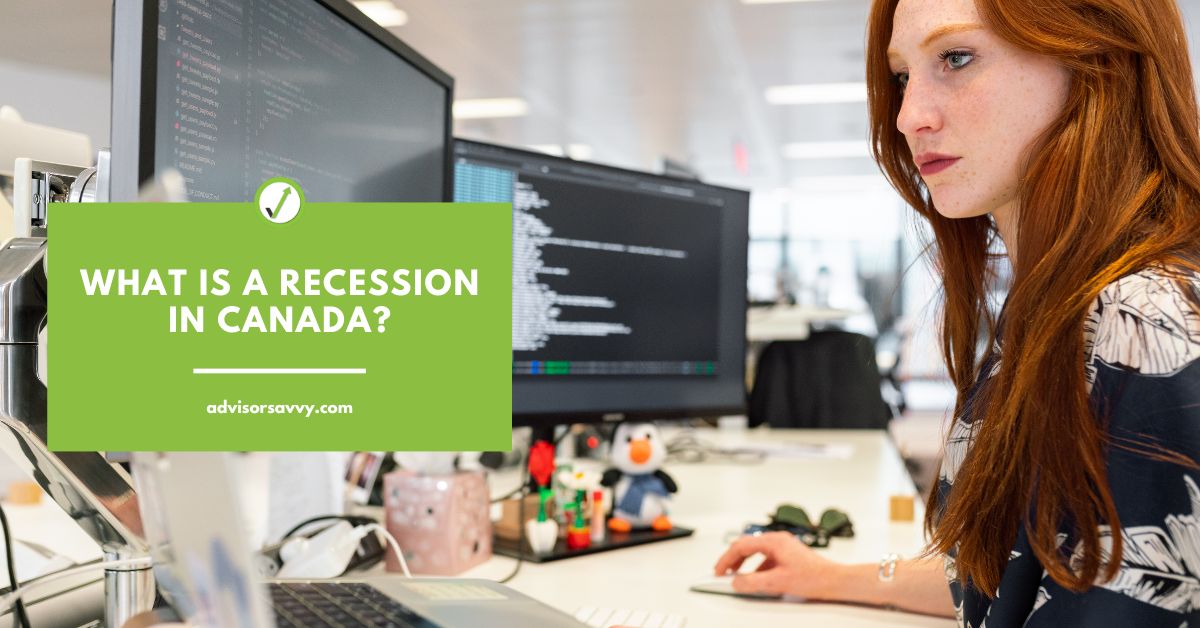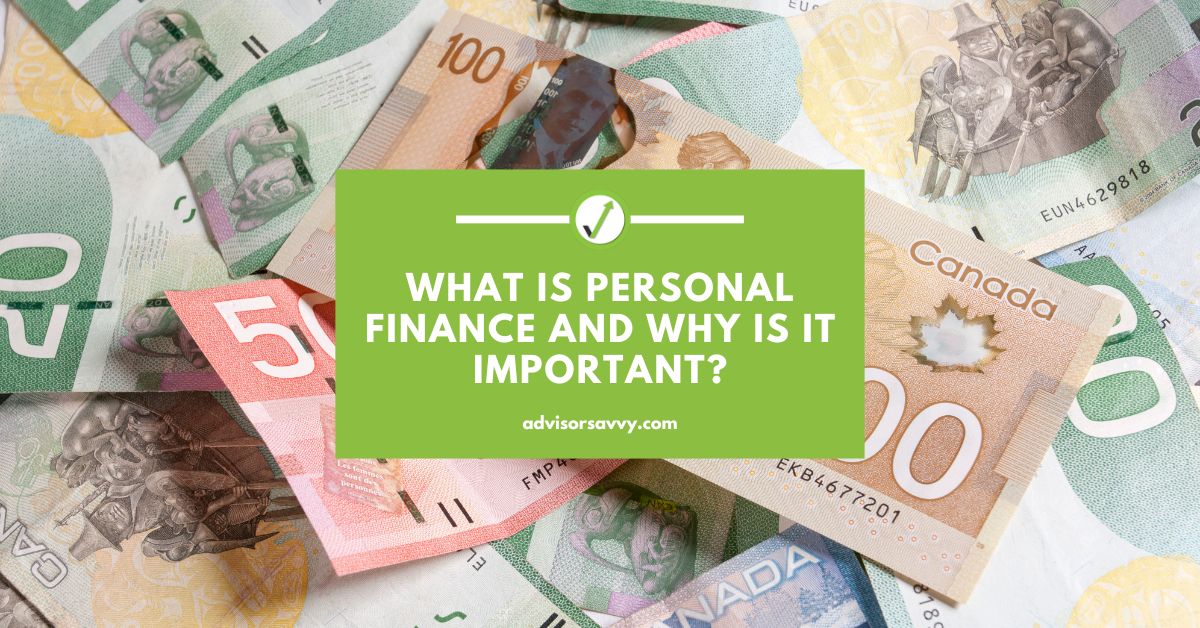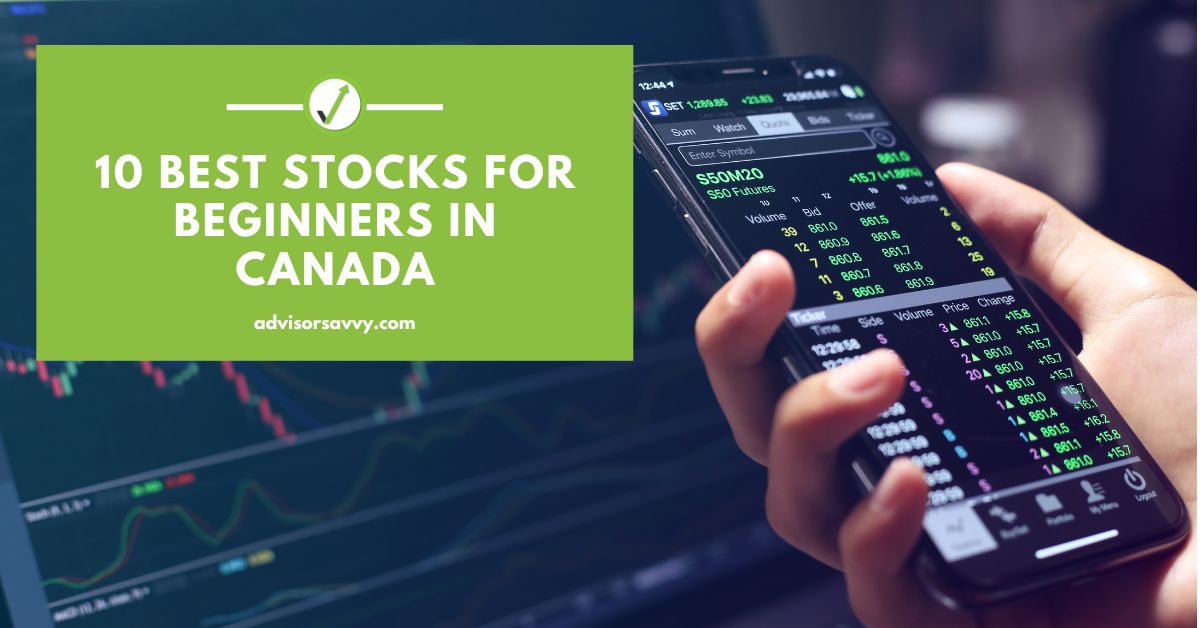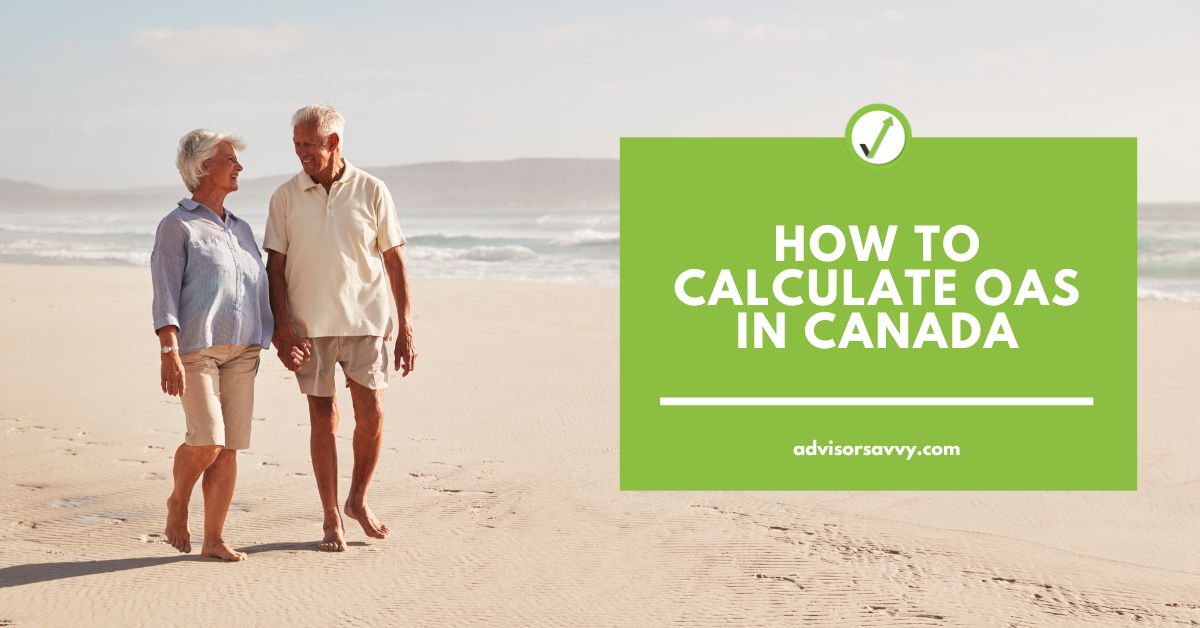What is negative equity?
You’ve likely heard of the term equity, but what does it mean when it’s negative? In basic terms, negative equity occurs when the value of debt is greater than the value of the asset attached to it. As you can imagine, negative equity can be problematic and can impact other areas of your personal finances. If you’re ready to learn more, continue reading to understand what negative equity is and how you can resolve and avoid it. Negative Equity Defined Negative equity is defined as a financial situation where the value of an asset is less than the debt against it. In other words, it’s the opposite of net worth. A common example is with car loans. If you buy a new car with a loan, the car can depreciate rapidly. As a result, the value of the car could drop lower than the balance owing on the loan. However, negative equity can occur with any asset that has debt
Continue reading



